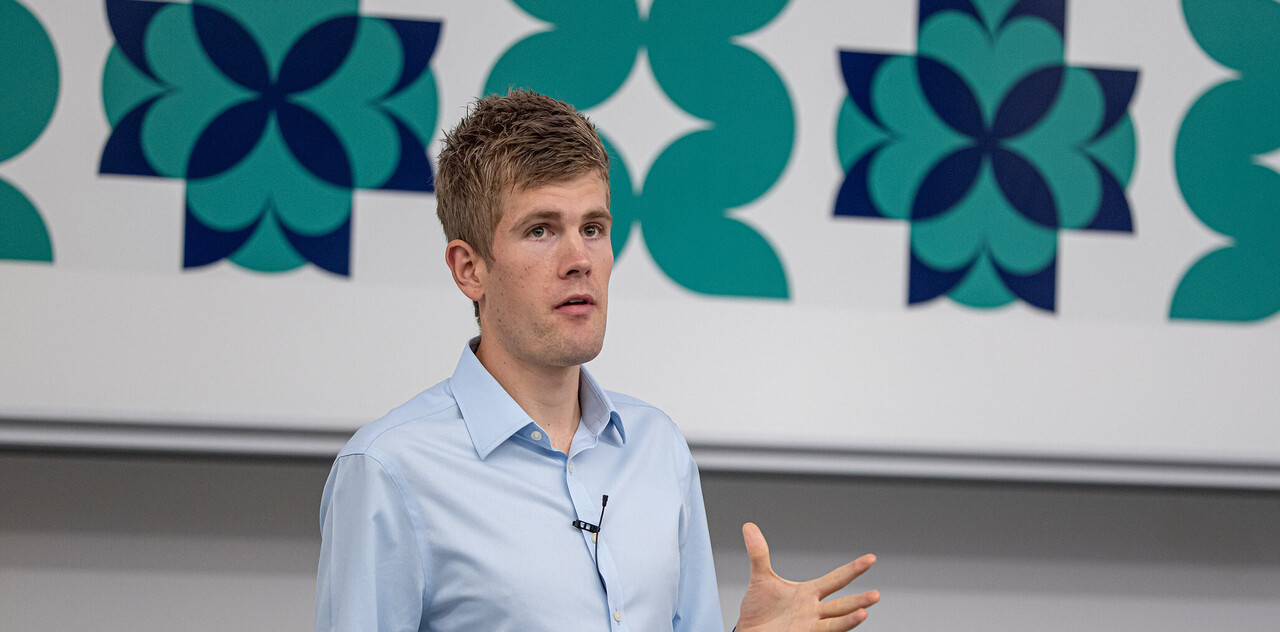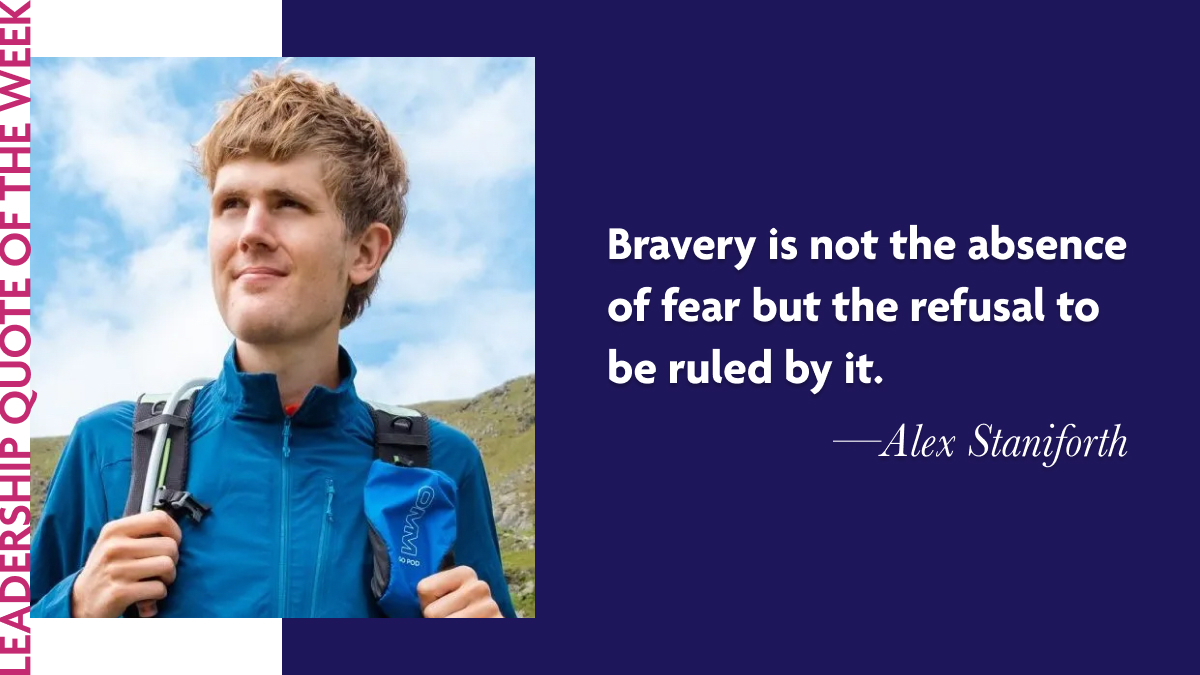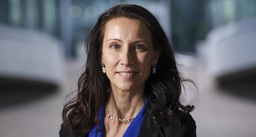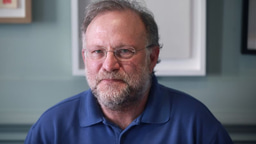Bravery is not the absence of fear but the refusal to be ruled by it.

As we reflect on this year's Laidlaw Scholars Annual Conference theme of "Brave," following a powerful weekend at Durham University and ahead of our North America conference at Brown University (14 to 16 November), we turn to the words of Alex Staniforth, whose keynote "Fortune Favours the Brave" challenged 300 scholars, alumni, and faculty to reconsider what courage truly means.

Alex Staniforth: "Bravery is not the absence of fear but the refusal to be ruled by it."
Redefining Courage
Alex Staniforth is a record breaking adventurer, mental health advocate, and motivational speaker who has confronted extraordinary adversity with uncommon resolve. At 19, he survived the 2015 Nepal earthquake while attempting to become the youngest Briton to summit Everest. Rather than retreat, he returned to complete the challenge. He has since conquered some of the world's most demanding peaks and ultra marathons whilst openly sharing his journey with mental health and living with challenges including epilepsy and a stammer since childhood. Staniforth has never allowed these to define his identity, viewing them instead as experiences that have shaped his understanding of resilience. His work centres on reframing adversity as opportunity, revealing that bravery is not about being untouched by fear but about moving forward in its very presence.
Leadership Forged Where Fear Resides
Staniforth's insight dismantles a seductive but dangerous myth: that courageous leaders are somehow exempt from doubt or anxiety. True bravery, he reminds us, emerges not in the absence of fear but in deliberate defiance of its authority. It is the conscious choice to act when uncertainty whispers retreat, to speak when silence promises safety, to persist when every rational impulse counsels withdrawal. Leadership demands this quiet refusal to be governed by fear, whether in launching research that challenges established thinking, advocating for positions that invite scrutiny, or stepping into roles where competence must be earned in real time rather than arrived with fully formed.
This understanding animated the Durham conference experience. Scholars presented bold research in the poster symposium, engaged in unflinching conversations during LiA Campfire Sessions, and participated in masterclasses on building mission driven ventures and securing prestigious scholarships. In each of these spaces, fear had reason to surface, yet the room was defined not by its presence but by the collective refusal to let it silence possibility.
Staniforth's message aligns with the Laidlaw value of #Brave and the Oxford Character Project virtue of #Courage. Being brave means confronting challenges and uncertainties with resolve, acknowledging discomfort whilst refusing to allow it to dictate our choices. Courage means acting with moral clarity even when the emotional cost runs high, recognising that fear offers information rather than instruction.
A Call to Reflect
As we carry forward the momentum from Durham and prepare for Brown, we invite you to reflect on Staniforth's insight. Share in the comments: What is one fear currently present in your leadership journey, and what small, concrete action will you take this week not to eliminate it but to refuse its rule? How might acknowledging fear, rather than denying it, strengthen your capacity to lead with integrity and purpose?





Please sign in
If you are a registered user on Laidlaw Scholars Network, please sign in